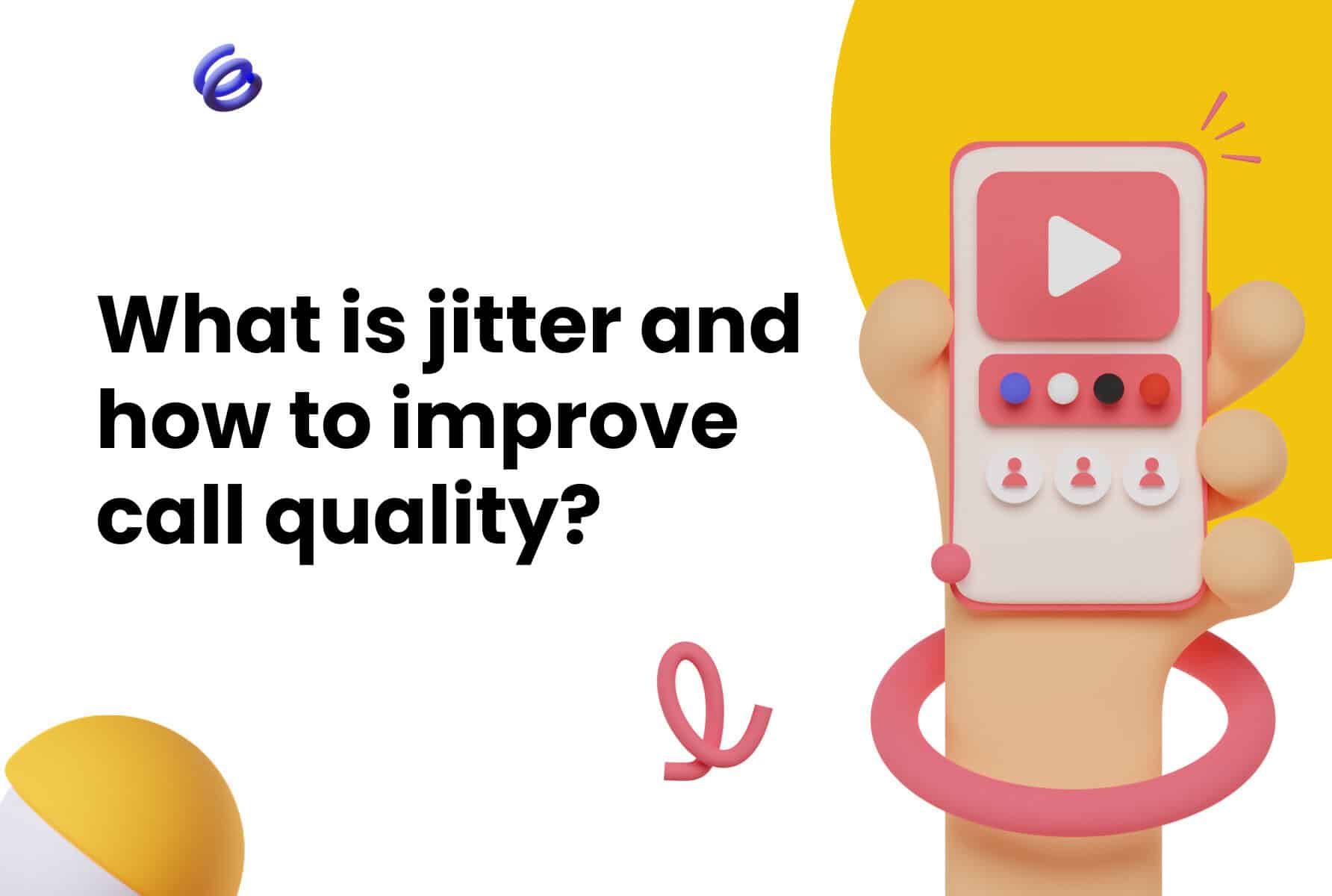Have you ever found yourself in a situation where your to-do list seems endless, deadlines are fast approaching and you find yourself saying ‘Eek! I feel stressed!’?
But what actually is stress? And how does it affect us?
In recognition of Stress Awareness Month, and the theme this year of ‘community’, the Mental Health First Aid team will be providing you with all the information and tools you need to understand and manage your own stress, and help other people with their stress.
Over the next 4 weeks, we’ll be covering:
- What stress is and how it affects you (that’s this post)
- What you can do to manage your stress (including what CloudCall are doing to support you)
- The difference between personal and professional stress
- How you can help others dealing with stress.
So, let’s start with the big question…. What is stress?
Firstly, let’s debunk one myth: stress is not necessarily a ‘bad’ thing. Without this brilliant ability to feel stress, humankind wouldn’t have survived. Our cavemen ancestors, for example, used the onset of stress to alert them to a potential danger, such as a sabre-toothed tiger.
Stress is primarily a physical response. When stressed, the body thinks it is under attack and switches to ‘fight or flight’ mode (there’s also a third, more unknown mode; freeze), releasing a complex mix of hormones and chemicals such as adrenaline, cortisol and norepinephrine to prepare the body for physical action. This causes a number of reactions, from blood being diverted to muscles to shutting down unnecessary bodily functions such as digestion.
The first challenge is that some of our bodies go into a state of stress at inappropriate situations. The second is that not everyone understands why they might be stressed.
Consider this… when a bridge is carrying too much weight, it will eventually collapse. But, it was probably possible to see warning signs before this happens… the bridge would bow, buckle and creak.
The same principle can be applied to human beings, with excessive demands and challenges placed on our bridges. There may be early warning signs, but for some stress can creep up without being detected.
That ‘bridge collapse’ in a human could take many forms:
- Mental and emotional breakdown
- Taking one’s own life
- Serious health issues including: cardiovascular disease and high blood pleasure
The key thing here, is that if you are able to recognise stress before your ‘bridge collapses’, then you can take the necessary actions to prevent it.
So, how does stress affect us? What are the signs to look out for?
One of the difficulties with stress is that people experience it in different ways. It could have an emotion, physical, or behavioural affect… or a combination of all three. This contributes to stress manifesting itself differently. Because of this would be wrong to over generalise when giving advice on how to identify stress in others. However, what we can say is that because stress has negative effects, it will usually manifest itself one way or another.
Stress targets the weakest part of our physiology or character; if you are prone to headaches or eczema, this will flare up. If you have low levels of patience or tolerance for others, this will be the first area to present under times of stress.
Stress isn’t avoidable but it is manageable. A key action in order to minimise risk is to identify stress-related problems as early as possible, so that action can be taken before serious stress-related illness occurs. Lets look at some common manifestations of stress…
- Cognitive: memory problems, poor judgement, inability to concentrate, ‘brain fog’, indecision, starting many take but achieving little, self doubt
- Emotional: depression, moodiness, irritability, fatalistic thinking, panic, cynicism, anxiety, feeling overwhelmed, frustration
- Physical: rapid heartbeat, aches and pains, frequent colds, chest pains, skin complaints, indigestion, high blood pressure
- Behavioural: increased intake in alcohol, cigarettes and caffeine to relax, isolating yourself from others, sleeping too little or too much, demotivated, loss of sense of humour.
There we have it, hopefully you’ll now have a better idea of what stress is, and how it affects you so you can better identify when things are going awry.



